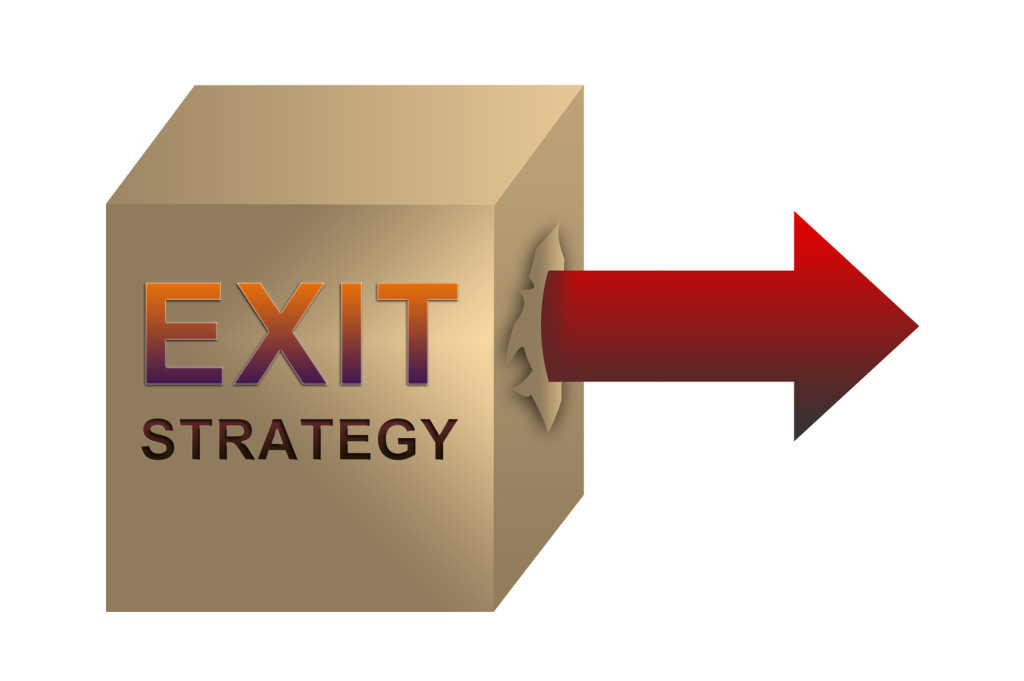Exit Strategy Decisions
By Than Merrill
It is human nature to focus on the beginning of a process rather than the end. Whether it is a new diet, a new career or even a sporting event, the beginning of something always generates the most excitement. As a real estate investor, how you acquire your properties is important, but it won’t do you much good unless you know what you are going to do with them. Sometimes exit strategy decisions are easy, but often times you will be forced to choose between two options that were not expected. How and when you make these difficult decisions can make all of the difference.
Your exit strategy should be mapped out before you make an offer. In most cases, your offer will be determined by what you can do on the back end. Whether you plan on renting, flipping or holding on to the property long term should be determined before you sign your name to any contract. After you acquire the property you may have a change of heart or a change in plans, but you need to go in with a plan. If not, you are just hoping things go right. Unfortunately, hope alone won’t make you money in real estate.
The first rule in making tough decisions is to be flexible and not stubborn. You can look at comparable listings, but the market will ultimately determine property value. Even though you think your property is worth what you have it listed for, the buying market may not feel the same way. At this point, you can either be stubborn and wait for that one buyer or you can lower your price and try to get an offer. The longer you wait, the less selling power you have. Buyers and realtors see days on the market as a sign of seller desperation and will start their offers off low. The longer you wait to lower your price the more it is costing you every day.
Every seller, especially investors, wants to make as much money as they can on their properties. Sometimes things come up that eat away at your profits and you are forced to take what you can get and move on to the next one. For many investors, this is the most difficult decision to make. You may have spent months on the deal and don’t want to throw in the towel and breakeven. A small profit is better than a loss. Taking a loss can set your business back months or even cause you to get out of business. It is not easy, but sometimes the best move is to take what you can get and move on.
You may have already decided that you are going to sell and move on. If that doesn’t go as you planned, would you be willing to rent? This is not the best option, but it is a realistic one. What would be the magic number that you would rent for? Would you take a loss just to sell and get out? All of these questions have to be answered before you get started. Hope for the best, but prepare for the worst.
Whatever your exit strategy is, you may be forced to make difficult choices at some point. The quicker you can make these decisions and move on, the better your business will be. Making decisions when things are going good is easy, but when things are tough, it can save or ruin your business.